Aeschbach WW2 Pattern Germany Luftwaffe / Reichsluftfahrtministerium (RLM) Pilots Watch with 17 Jewel Hand Winding Mechanical Movement
£239.00 GBP
Product Details
SKU Code: ABACH/DUHR1/HW
This hand-wound classic WW2 pattern Aeschbach* military watch features a small subsidiary dial second hand and is based on the designs used by the German Luftwaffe and issued by the Reichsluftfahrtministerium (RLM / German Air Ministry). These watches were issued to Luftwaffe pilots on a mission-by-mission basis and returned to the quartermaster upon their return to base. This watch closely follows one of Aeschbach's WW2 designs. Although the original watches are now quite rare and tend to fetch high prices, this watch is outwardly almost indistinguishable from the factory's WW2 models. It retains the acrylic crystal used on the original watches and upgrades the original 15-jewel hand-winding mechanical movement to a 17-jewel mechanical movement. This watch maintains the original outward appearance while incorporating discreet updates to enhance its suitability for daily use.
The original WW2 watches made for the Wehrmacht, Kriegsmarine, and Luftwaffe were produced by numerous Swiss and German manufacturers, including Aeschbach, which was founded in 1923 and continues to exist today. Collecting German military watches can be challenging due to the sheer number of suppliers at the time, comprising over 100 different manufacturers.
A group of military watch enthusiasts has compiled a list of these manufacturers, which can be found on their website at this link: WW2 German Watches. The list seems to be almost complete, and they would appreciate it if anyone could fill in the few remaining gaps.
This particular watch has a solid stainless steel case made from military-grade 316L stainless steel, a subsidiary dial second hand, a hacking function, a black dial, and luminous markings.
Specifications:
- Case Diameter: 36.5 mm excluding crown, 39 mm including crown
- Lug to Lug: 43 mm
- Thickness: 13.5 mm
- Lug Type: Spring strap bars
- Dial Colour: Black
- Case Material: 316L stainless steel
- Caseback: 316L stainless steel
- Crown: Screw-down 316L stainless steel
- Water Resistance: 5 ATM (50 m)
- Movement: 17 Jewel Hand Wound Mechanical with 36 Hour Power Reserve
- Glass: Plexiglass / Perspex
- Luminous Material: Luminova
- Serial number on caseback
- Strap: 18mm Black Leather
- Supplied in a box
- 24 Months Guarantee
MWC are official distributors for Aeschbach watches.
The History of Aeschbach Watches
The original WW2 watches made for the Wehrmacht, Kriegsmarine, and Luftwaffe were produced by numerous Swiss and German manufacturers, including Aeschbach, which was founded in 1923 and continues to exist today.
Aeschbach watches were a leading WWII manufacturer but faced significant misfortune during the war because they were located in Pforzheim, a town in southwestern Germany that was heavily bombed. The largest and most devastating raid was conducted by the Royal Air Force (RAF) on the evening of February 23, 1945. This attack resulted in the deaths of approximately 17,600 people, or 31.4% of the town's population, and destroyed about 83% of Pforzheim's buildings. The raid devastated two-thirds of the town, and between 80% and 100% of the inner city. The Aeschbach workshops were completely destroyed, meaning that the watches could no longer be manufactured.
However, the company saw a revival some years back when a family member, while sorting through an elderly deceased relative's belongings, discovered that many of the original technical drawings and a quantity of watches had survived. This find enabled him to devise a plan to restart the company, marking the return of Aeschbach watches.
ESSENTIAL WINDING INSTRUCTIONS AND GUIDELINES
When winding a hand-wound watch, you can do so either while it is still running or when it has completely run down. It is advisable to take the watch off your wrist when winding to avoid stressing the crown. The most important thing to remember with a mechanical watch is not to overwind it. Stop winding as soon as you feel resistance on the crown. If you overwind it, you could damage or even break the mainspring.
Adhering to the recommended winding procedures ensures the longevity and proper functioning of the timepiece. To clarify, overwinding occurs when a mechanism is wound beyond its designated stopping point, posing the risk of damage or even destruction of the winding mechanism. Overwinding is a concern primarily for manually-wound watches, not for automatic watches which cannot be overwound.























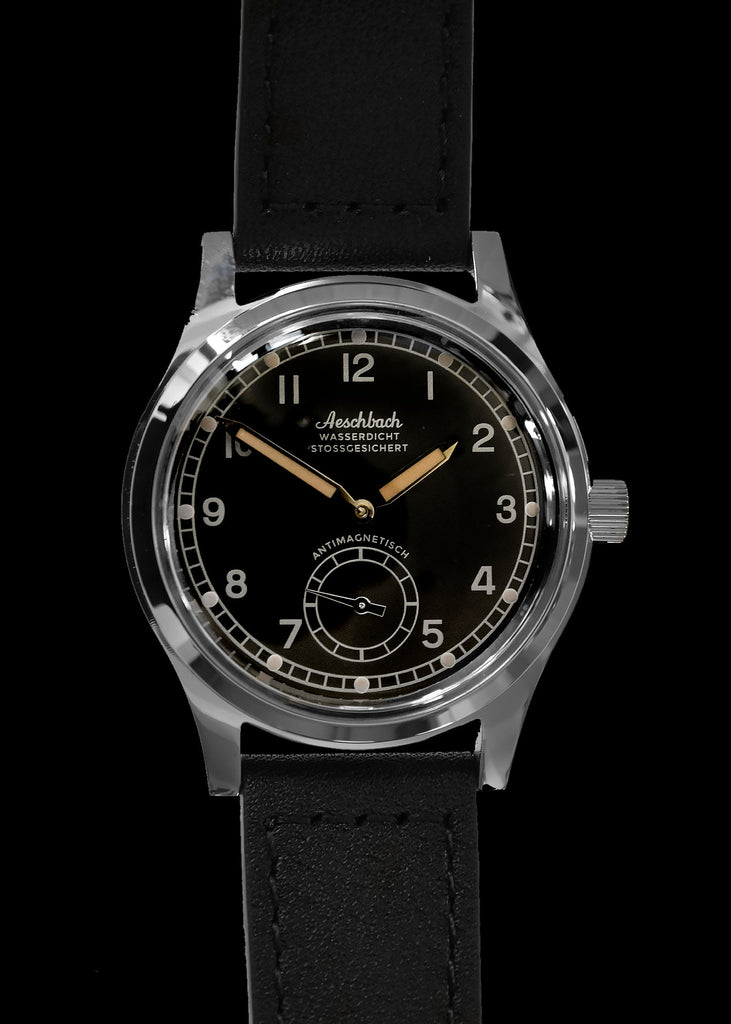
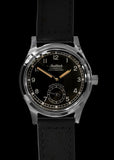
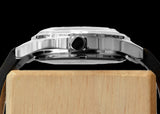
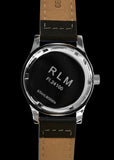
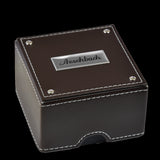
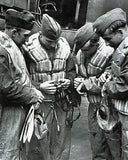







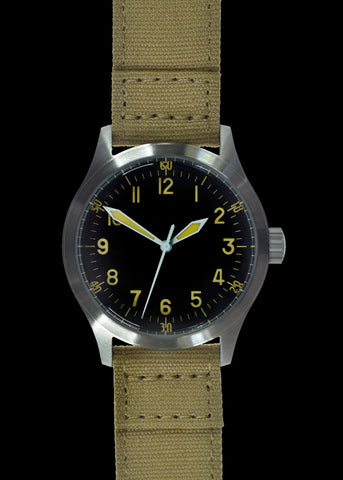
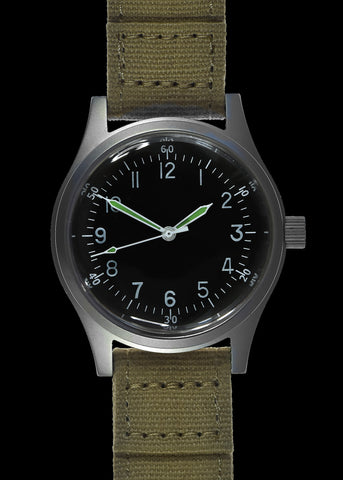


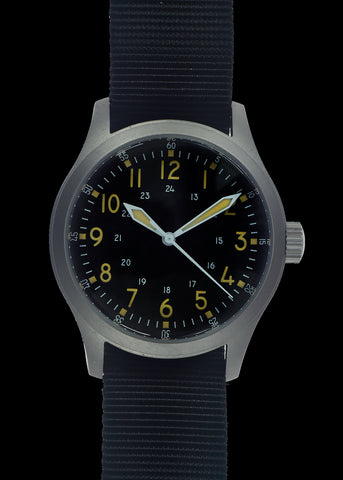





Connect